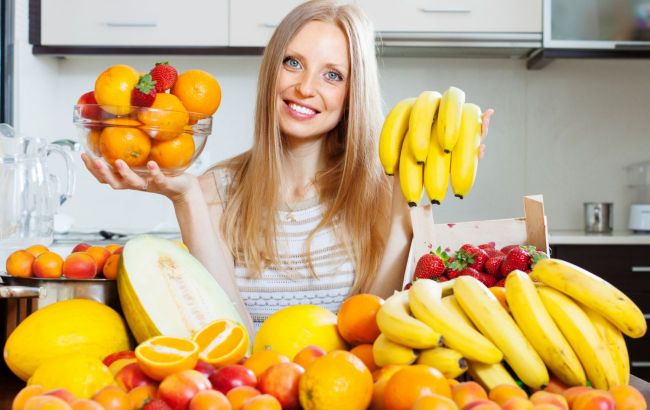Fruit that lowers blood pressure and reduces stroke risk
 Illustrative photo (Freepik)
Illustrative photo (Freepik)
A recent study revealed that consuming bananas is more effective at reducing blood pressure than reducing salt intake in the diet, according to The Telegraph.
How many bananas to eat to achieve the beneficial effect?
Scientists found that daily consumption of an additional gram of potassium, equivalent to two medium bananas, a cup of spinach, or a large sweet potato, could be a simple way to combat high blood pressure.
Doctors recommend daily consumption of 3.5 grams of potassium and no more than 6 grams of salt.
Experts from the George Institute for Global Health at Imperial College London analyzed data from a salt substitute study, which followed 20,995 individuals in China for five years, either those who had experienced a stroke or were over 60 years old with high blood pressure.
While half of the participants continued to use regular salt in cooking, the other half were given a "salt substitute" in which a quarter of the sodium chloride, commonly known as table salt, was replaced with potassium chloride.
The study revealed that those who consumed potassium-enriched salt had lower blood pressure levels and a reduced risk of stroke and heart disease.
A new analysis published in the Journal of Human Hypertension showed that up to 80% of the blood pressure reduction was achieved through increased potassium intake rather than reduced salt consumption.
The study demonstrated that increasing daily potassium consumption by a gram lowered the average systolic blood pressure (the top number) by two millimeters of mercury.
During the five-year study, 3,000 people experienced a stroke, but researchers found that those who took potassium-enriched salt had a 14% lower risk of recurrent stroke.
Further analysis revealed that the benefit to blood pressure from increased potassium intake equated to approximately a 10% reduction in stroke risk, whereas reducing salt consumption amounted to about a 4% reduction.
This material is for informational purposes only and should not be used for medical diagnosis or self-treatment. Our goal is to provide readers with accurate information about symptoms, causes, and methods of detecting diseases. RBС-Ukraine is not responsible for any diagnoses that readers may make based on materials from the resource. We do not recommend self-treatment and advise consulting a doctor in case of any health concerns.

